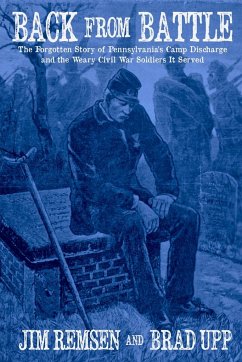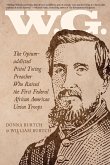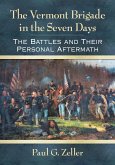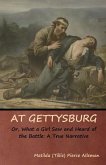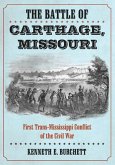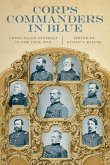In the final year of the American Civil War, a special Union Army post was constructed just outside Philadelphia to handle a jumble of returning citizen-soldiers. Many soldiers bore bullet wounds, broken bones, and other scars of combat. Some had lost limbs. Some were laid low by illness. Hundreds arrived half-dead as survivors of wretched prison camps. Others were blessedly unscathed-but all grappled with the fresh, ferocious memories of their time at war. The post, known as Camp Discharge, did its best to move the young Union veterans on to their next assignment or, more often, back to civilian life. During its brief existence, it sat on a bluff overlooking what is today one of the nation's busiest highways, the Schuylkill Expressway. The post was quickly dismantled, its story forgotten. The authors reclaim that remarkable history and trace the often tumultuous lives of the Pennsylvania volunteer soldiers who passed through Camp Discharge's gates.
Hinweis: Dieser Artikel kann nur an eine deutsche Lieferadresse ausgeliefert werden.
Hinweis: Dieser Artikel kann nur an eine deutsche Lieferadresse ausgeliefert werden.

